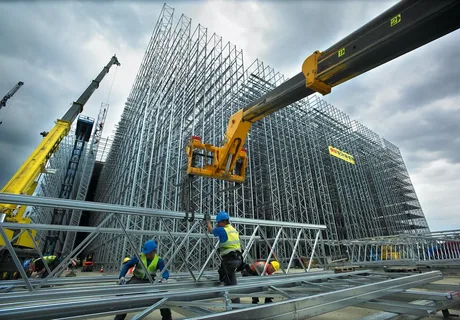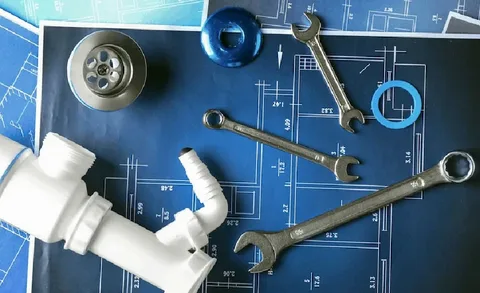Why A Hepa Air Purifier- Is It Effective Against Coronavirus?

The Covid-19 pandemic is undeniably one of the difficult times of the generation. It has caused deaths and economic damage worldwide. According to the World Health Organization, there have been 267,865,289 confirmed cases and 5,285,888 deaths worldwide.
Why Use HEPA Air Purifiers
HEPA air purifiers are one of the best tools for ensuring quality air indoors and minimising the risk of COVID-19. The virus is highly infectious, and it easily spreads airborne and through respiratory droplets. Droplet transmission happens when one is in close contact with an infected person and exposed to his infected droplets. Transmission can also happen when the person touches contaminated surfaces.
Airborne transmission is when the infected person sneezes, talks or coughs, and the respiratory aerosols linger and travel through an air current. Unlike droplet transmission that needs to have direct contact to transmit the virus, airborne can transmit over long distances and time. This type of transmission can infect a large crowd, and it can be a challenge to trace because there are no direct contacts.
Wearing a mask and practising social distancing are effective against droplet transmission; however, airborne or aerosol transmission can be difficult to contain. This is where indoor air purifiers become necessary.
Air purifiers use filters to trap particles. HEPA filters are made from synthetic fibres that are woven into a mesh to filter dust, dirt, moulds and allergens. The thread in the mesh is thinner than hair, thus able to capture these fine particles effectively.
How Does the HEPA Air Purifier Work?
HEPA home air purifier consists of multiple filters and a fan that pulls and circulates the air. When the air is pulled into the purifier, it will pass and move through the filters, trapping particles of various sizes into the mesh. Bigger particles are filtered through impaction, while medium-sized particles are captured through interception and ultra-fine ones through diffusion.
The recirculated air is now clean because any odour, dust, pollen, moulds and viruses are cleared from the air and your household gets to inhale better quality air. If you are dealing with constant moulds at home, adding dehumidifiers will help minimise the growth.
Is HEPA Air Purifier Effective?
A HEPA air purifier is effective in preventing the spread of coronavirus. When it is used properly, it can significantly decrease the risk of airborne transmission.
The size of the coronavirus is around 0.125 microns, while HEPA filters can capture particles as small as 0.01 microns. The NASA report showed how HEPA filters are able to filter out ultra-fine particles. The filtering efficiency is high, making it a must in hospital settings.
To ensure the best result, the use of HEPA air purifiers indoors, especially in offices, should be accompanied by wearing a mask and observing social distancing.
Types of Air Purifiers
There are two basic types of air purifiers: filters and sanitisers. The filter type works by removing contaminants, such as dust, mites, pollen or dander from the air, while the sanitiser kills viruses, moulds or fungi that might be circulating in the air. Both types of purifiers are effective in improving indoor air quality and reducing the transmission of coronaviruses.
What to Look for in an Air Purifier
CADR (Clean Air Delivery Rating)
This is a measurement of the cleaning performance of a purifier. The rating reflects the cleaning speed of the purifier, and it is measured through the volume of air per cubic feet per minute. A CADR in the range of 300-350 is great for a small indoor space.
HEPA certified
Only HEPA certified purifiers have the ability to remove ultra-fine particles. Look for the specifications of an air purifier, such as the standard 99.97%. Air purifiers with labels like ‘HEPA-type filters’ are not true HEPA.
Moreover, a true HEPA purifier can filter particles as small as 0.3 microns, with MERV (Minimum Efficiency Reporting Values) between 17 and 20. True HEPA purifiers cost more than the usual HEPA-type ones because of their higher filtration efficiency.
Size
To effectively filter air indoors, you choose the right size air purifier. It will not do a good job of filtering the air when the unit you choose is too small and under-powered.
Basically, there are four sizes available in the market. The small size is good for a small room of up to 200 sqm. The medium size can cater to rooms with a 200-400 sqm floor area, while large ones can accommodate rooms that are 400-1,500 sqm in size. You can also opt to get the whole house unit covered to filter the air in every room of your residence.
Conclusion
HEPA air purifiers are effective in reducing not only the transmission of coronaviruses but also other respiratory issues, such as asthma and sinusitis. Air purifiers can help reduce the risk of transmission by trapping viruses that are lingering in the air. However, it should not be used as the main defence against coronavirus. Protection against this infectious disease requires layers of protection like frequent handwashing, wearing of a mask and social distancing.


